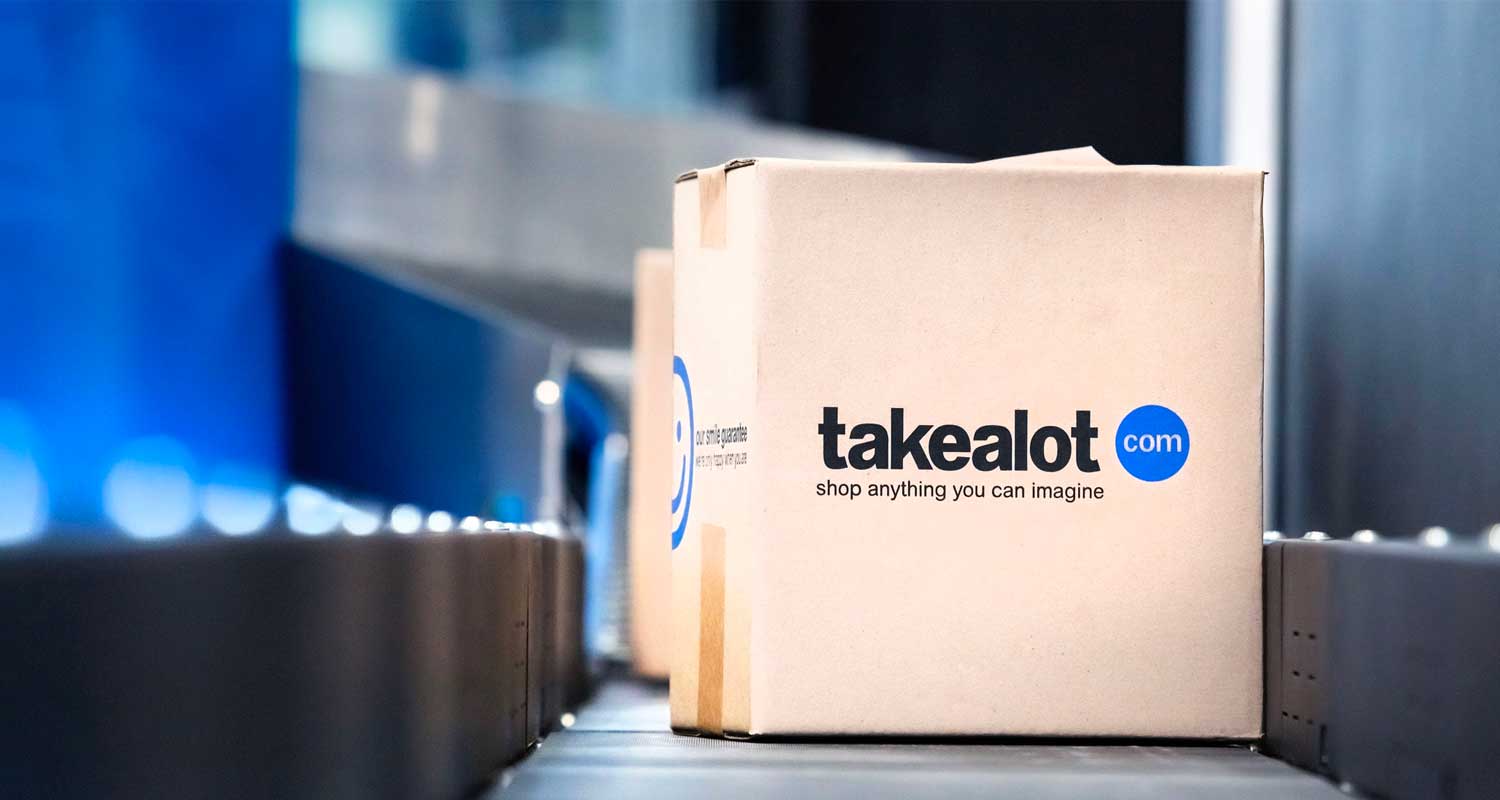 Takealot.com’s hybrid platform, where it has both an online marketplace for third-party sellers and its own retail division that competes with them, must be separated, the Competition Commission has decided.
Takealot.com’s hybrid platform, where it has both an online marketplace for third-party sellers and its own retail division that competes with them, must be separated, the Competition Commission has decided.
This hybrid platform has led to “self-preferencing conduct” that has “distorted competition”, the commission found in its online intermediation platforms inquiry report, the final version of which was published on Monday. The commission has also taken aim at Google and various other international websites in the report.
The commission found that Takealot’s hybrid-platform model has led to a conflict of interest. As a remedy, the commission has ordered that it separate its retail storefront from its marketplace activities. In effect, the regulator wants the online retailer to separate its retail and marketplace operations so that they operate at arm’s length from each other.
“Takealot has incentives to favour itself and, at the very least, its retail buyers … have strong incentives to tilt the balance in their favour. To address these distortions arising from the conflict of interest, Takealot is required to segregate its retail division from its marketplace operations,” the commission said in its final report.
Avoiding self-preferencing conduct is only the half the story for South Africa’s largest e-commerce player, which will also have to police its own employees, too, to ensure that they do not disfavour third-party sellers.
“Further measures are required to contain the incentives by Takealot’s own retail buyers and staff, and include extending the employee code of conduct and independent complaints channel to include contraventions based on unfairly harming marketplace sellers that may result in disciplinary action.”
Takealot remediation
Other remedial interventions include:
- Takealot must introduce a 60-day dispute-resolution process for marketplace sellers’ complaints regarding returns and stock losses, which will be deemed resolved in favour of the seller if not concluded within 60 days.
- The Buy Box (a special’s item that the commission found to favour its retail arm) must be re-engineered to reflect the cheapest (regardless of delivery time) and fastest options for the consumer.
- The e-retailer must introduce an historically disadvantaged persons (HDPs) programme that provides:
- Personalised onboarding, the waiver of subscription fees for the first three months and at least R2 000 advertising credit for use in the first three months;
- Offering promotional rebates and the inclusion of HDPs in HDP-specific campaigns on the platform; and
- A programme to support targeted groups within HDPs such as female, youth and rural enterprises with business mentoring and funding support.
The commission said these remedies, while specific to Takealot, will apply to any large e-commerce player wishing to enter the local market. Amazon.com is strongly rumoured to be planning to launch its own e-commerce operations in South Africa later this year.
“During the inquiry, rumours have persisted about the entry of Amazon. They will be expected to comply with a similar set of provisions,” the commission said.
Read: South Africa imposes penalties on Google
A Takealot spokeswoman said the company has not yet had a chance to review the commission’s findings, and will provide comment later. – © 2023 NewsCentral Media




